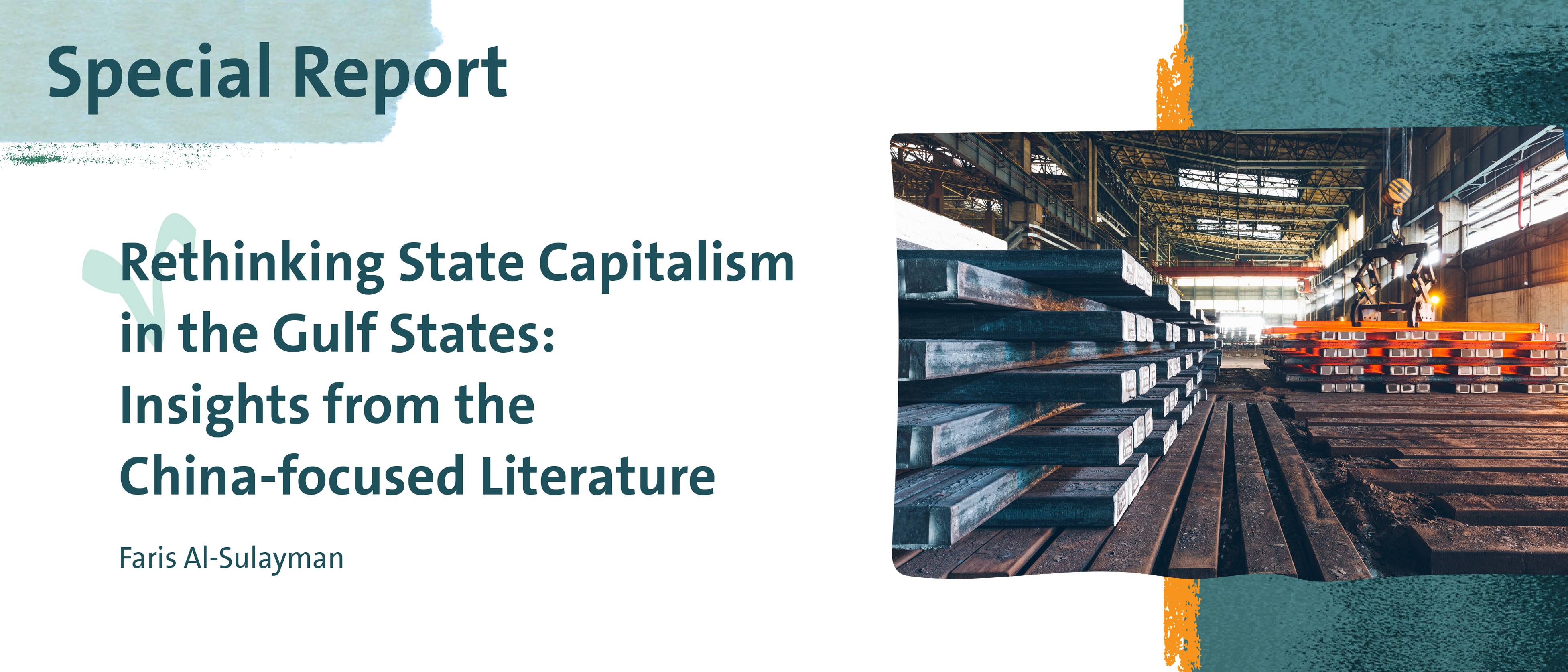Rethinking State Capitalism in the Gulf States: Insights from the China-focused Literature
As the global economy transitions away from fossil fuels, the six oil producing rentier states of the Gulf Cooperation Council (GCC) have sought to diversify their dependent economies away from this resource and develop industrialized and knowledge based economies. Though much attention has focused on neoliberal pathways of development, beneath the surface new state capitalist modes of development have been deployed, sometimes resembling models deployed in other state capitalist economies, and sometimes in different and novel ways. In the UAE and Saudi Arabia in particular, new modes of state capitalism have emerged, with the state increasingly assuming a role as an investor of capital, and their state-owned entities (SOEs) behaving like multinational corporations (MNCs) at home and abroad.
Globally over the past decade, the resurgence of various types of state capitalism has also stimulated a revival of scholarly interest in the political economy and developmental characteristics of these state-driven models. This scholarship has focused mainly on China and Latin America but has offered a host of powerful and practical insights that can be fruitfully applied to the emergent Gulf state-capitalist model. This article offers an initial contribution along these lines. Specifically, it draws on Barry Naughton’s six conjectures regarding China’s industrial state-capitalist “model” as an analytical starting point to understand Gulf state capitalism. The study is exploratory and aims to elicit a comparative rethinking of state capitalism in the Middle East and East Asia.

